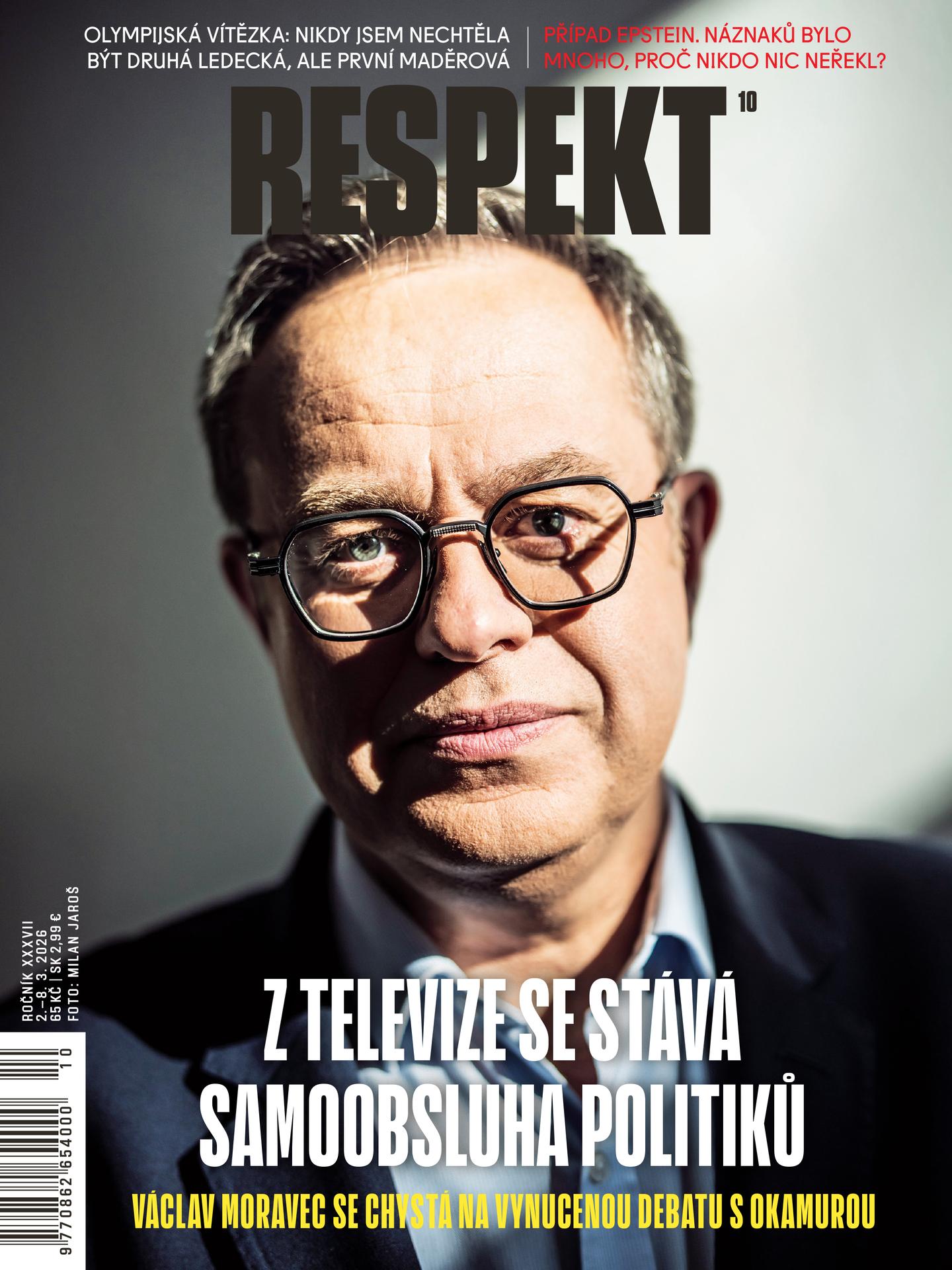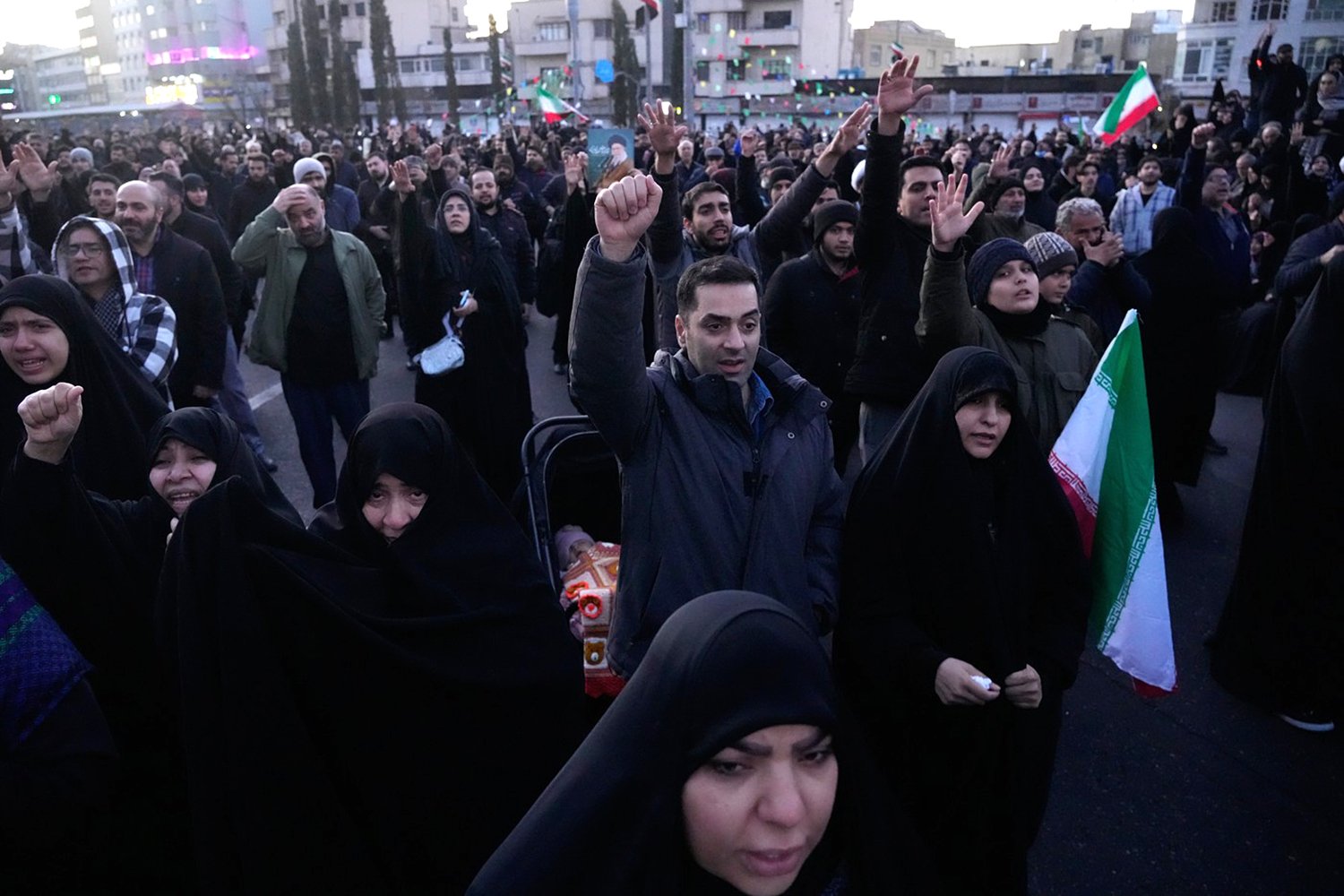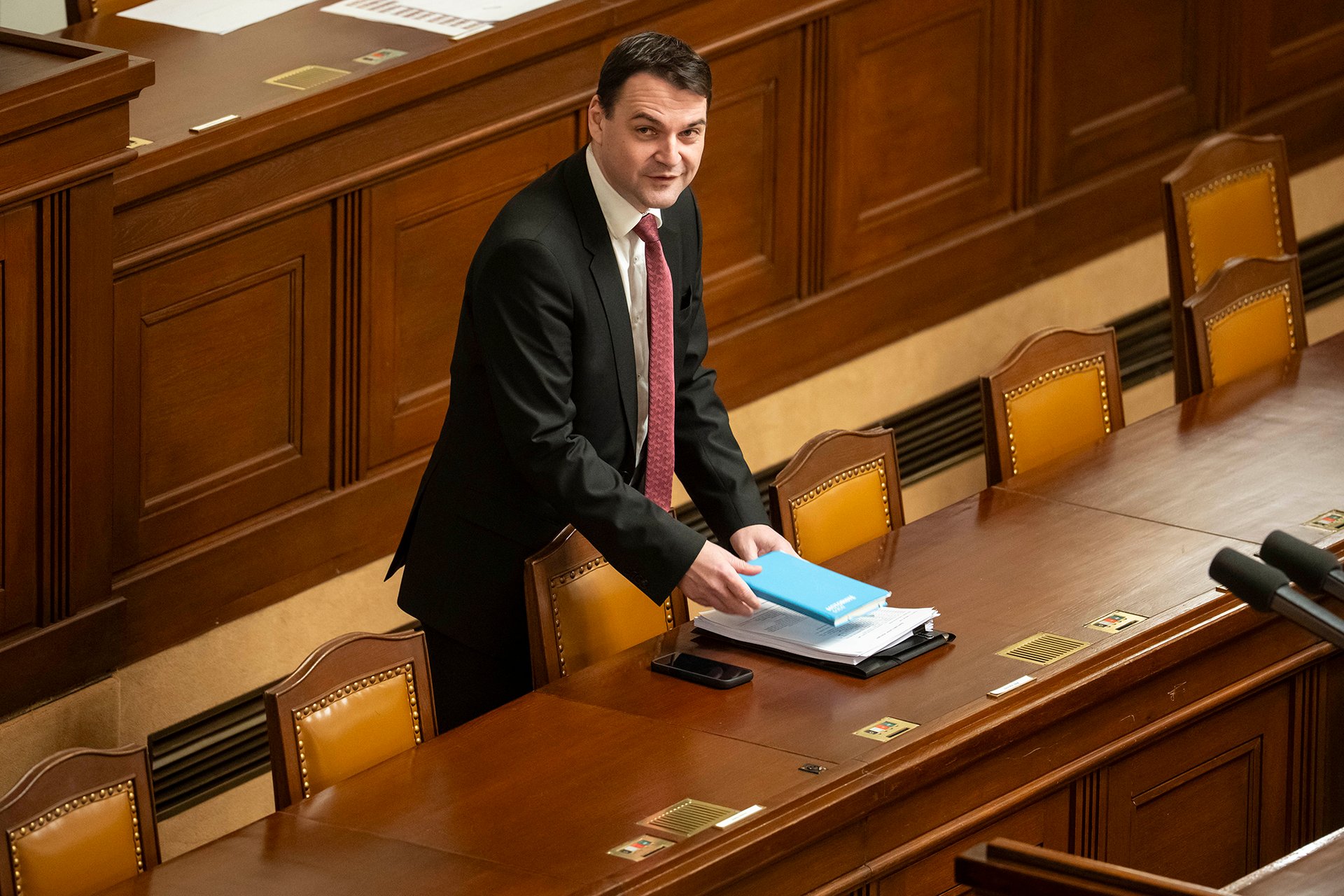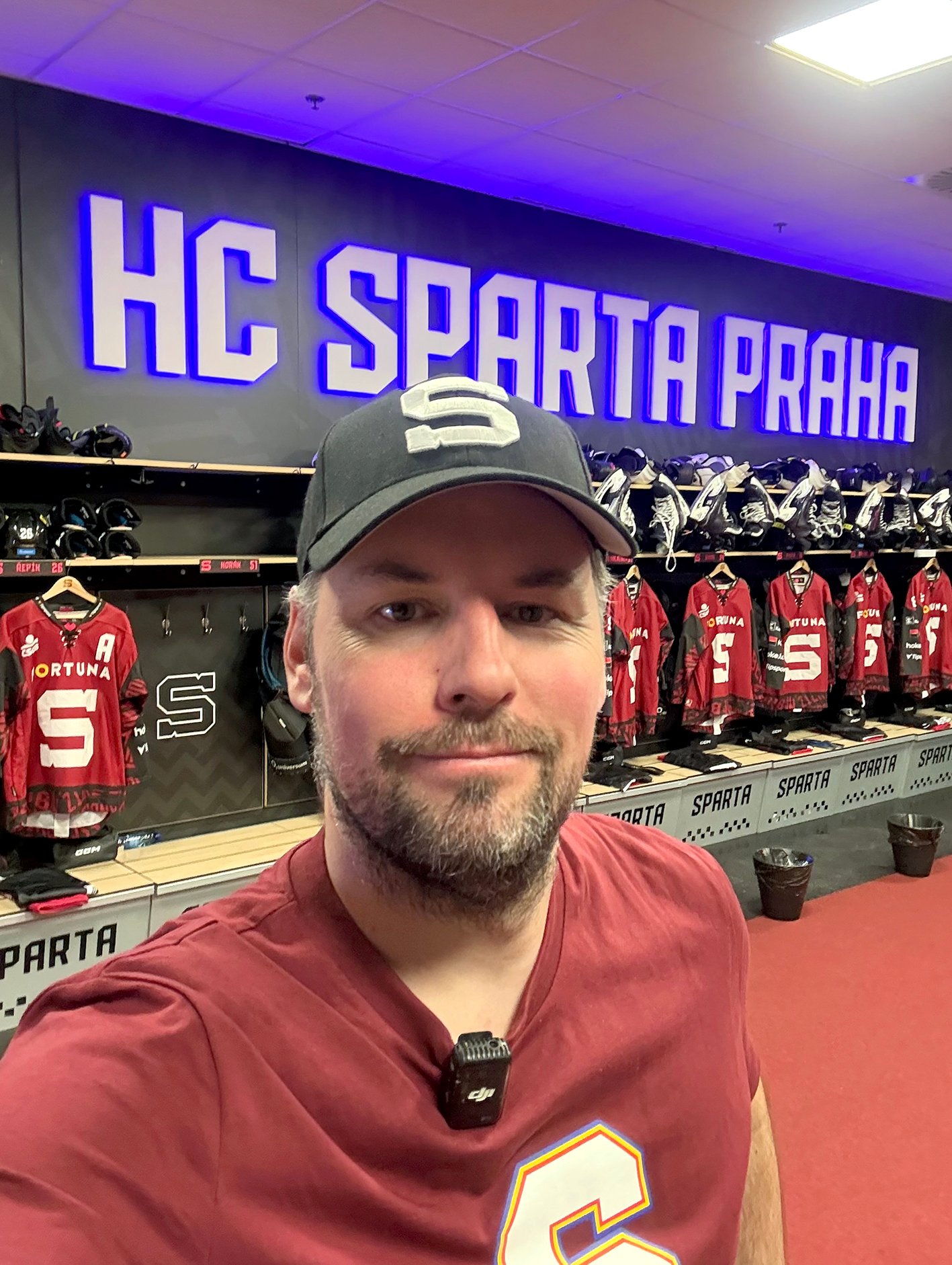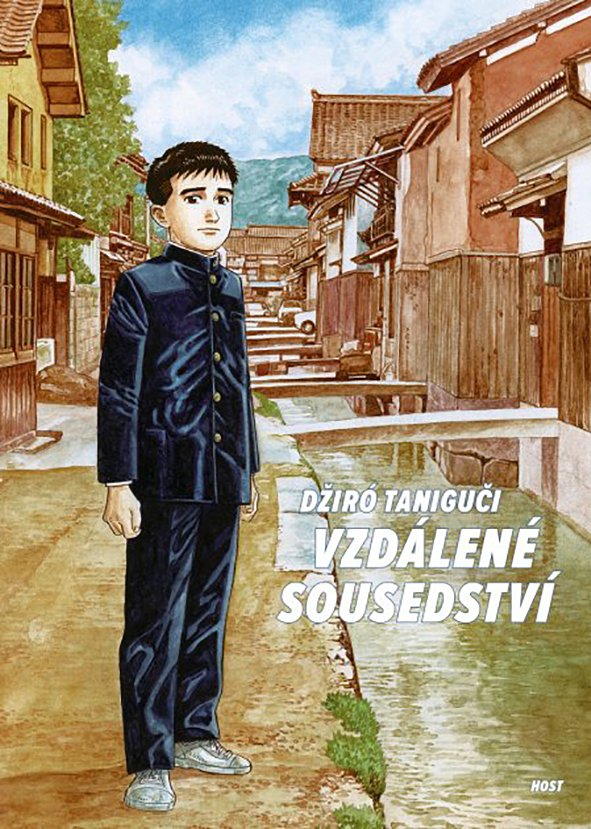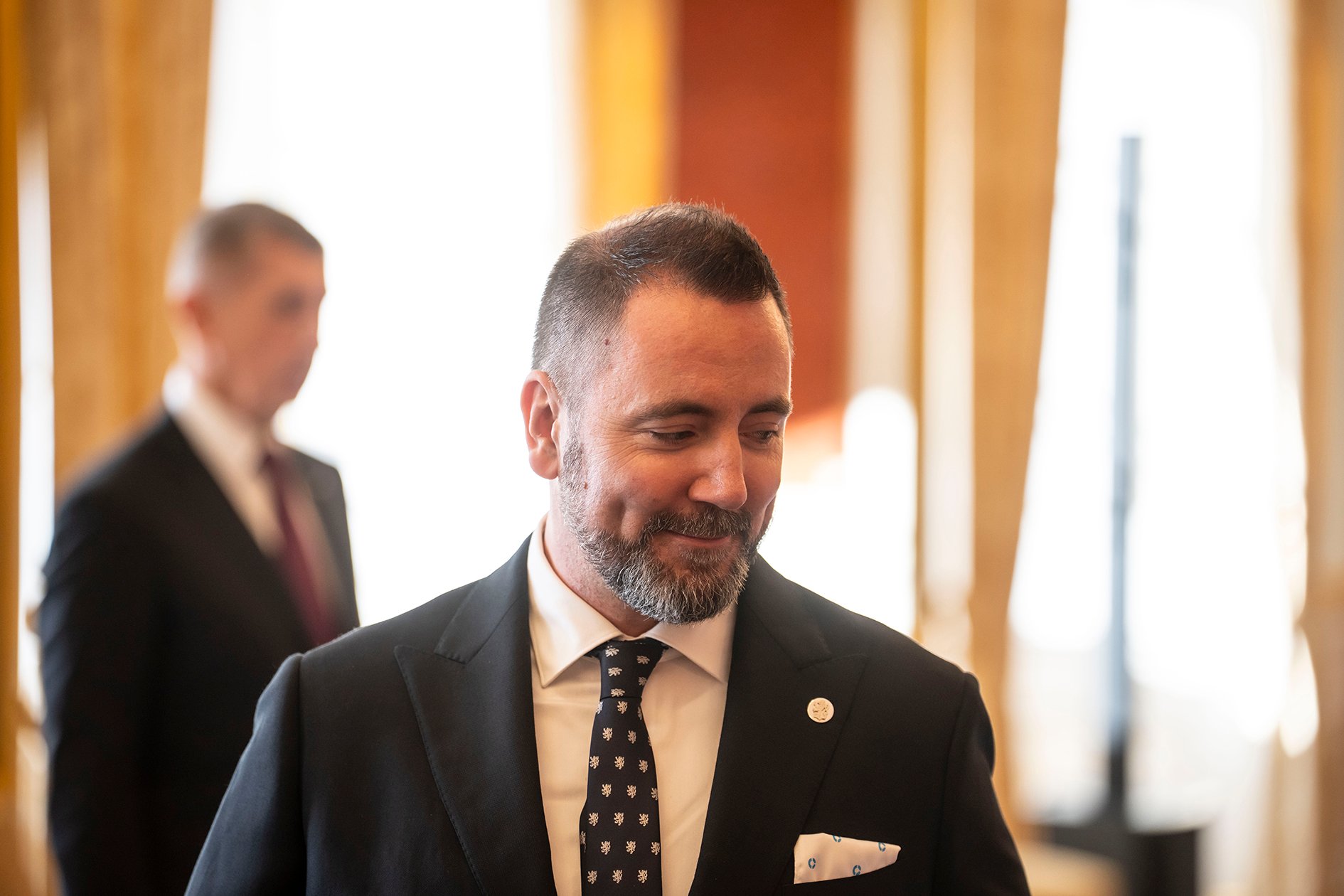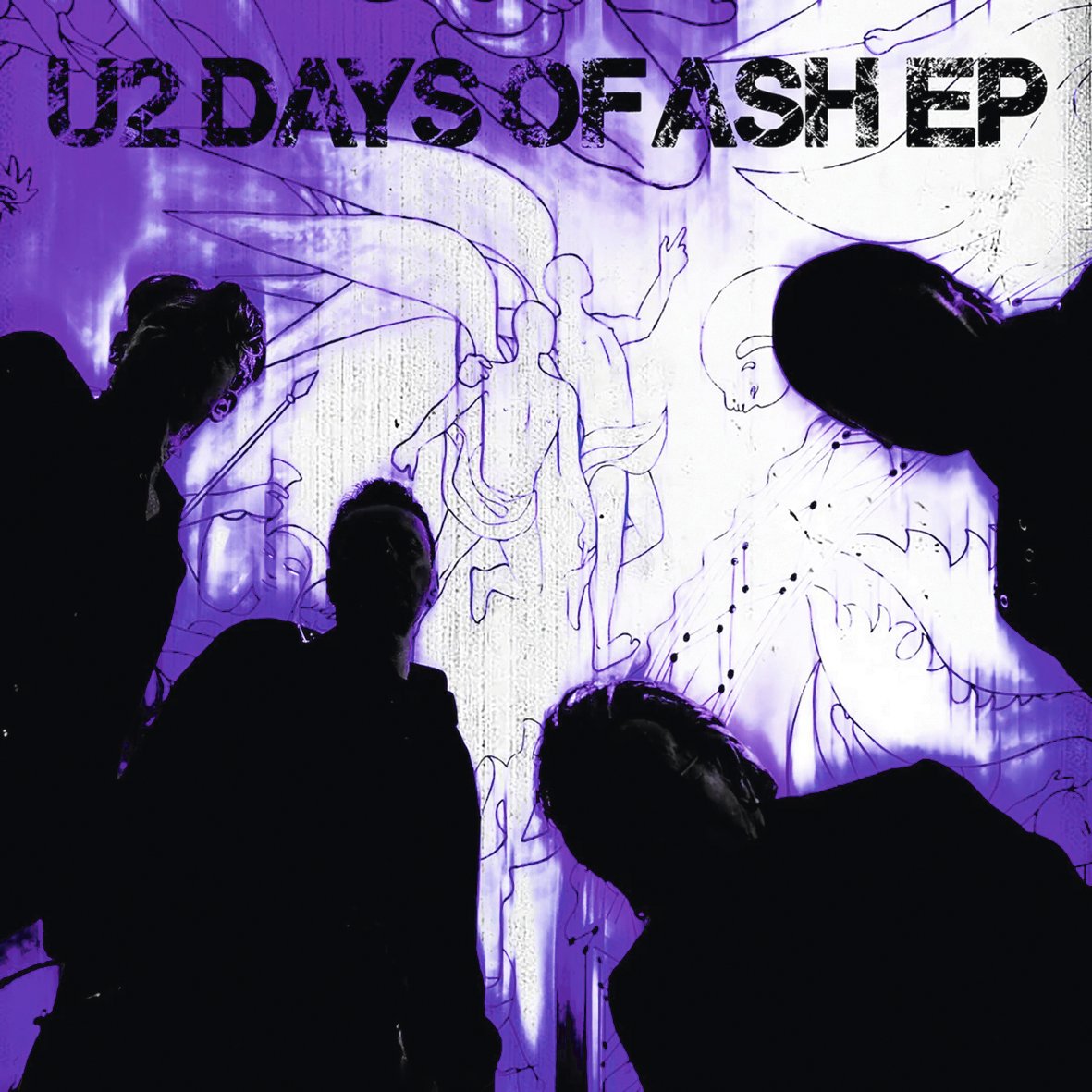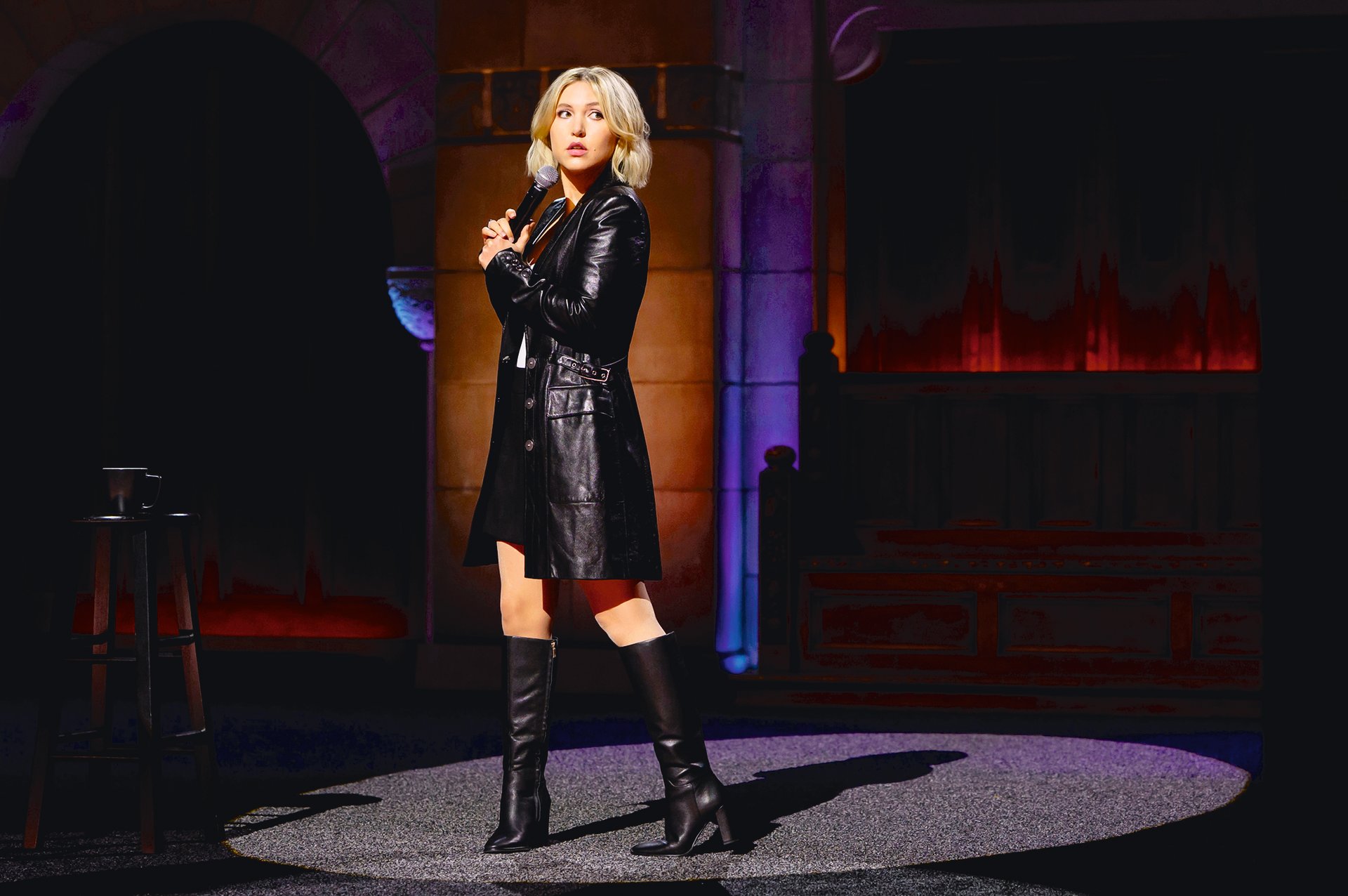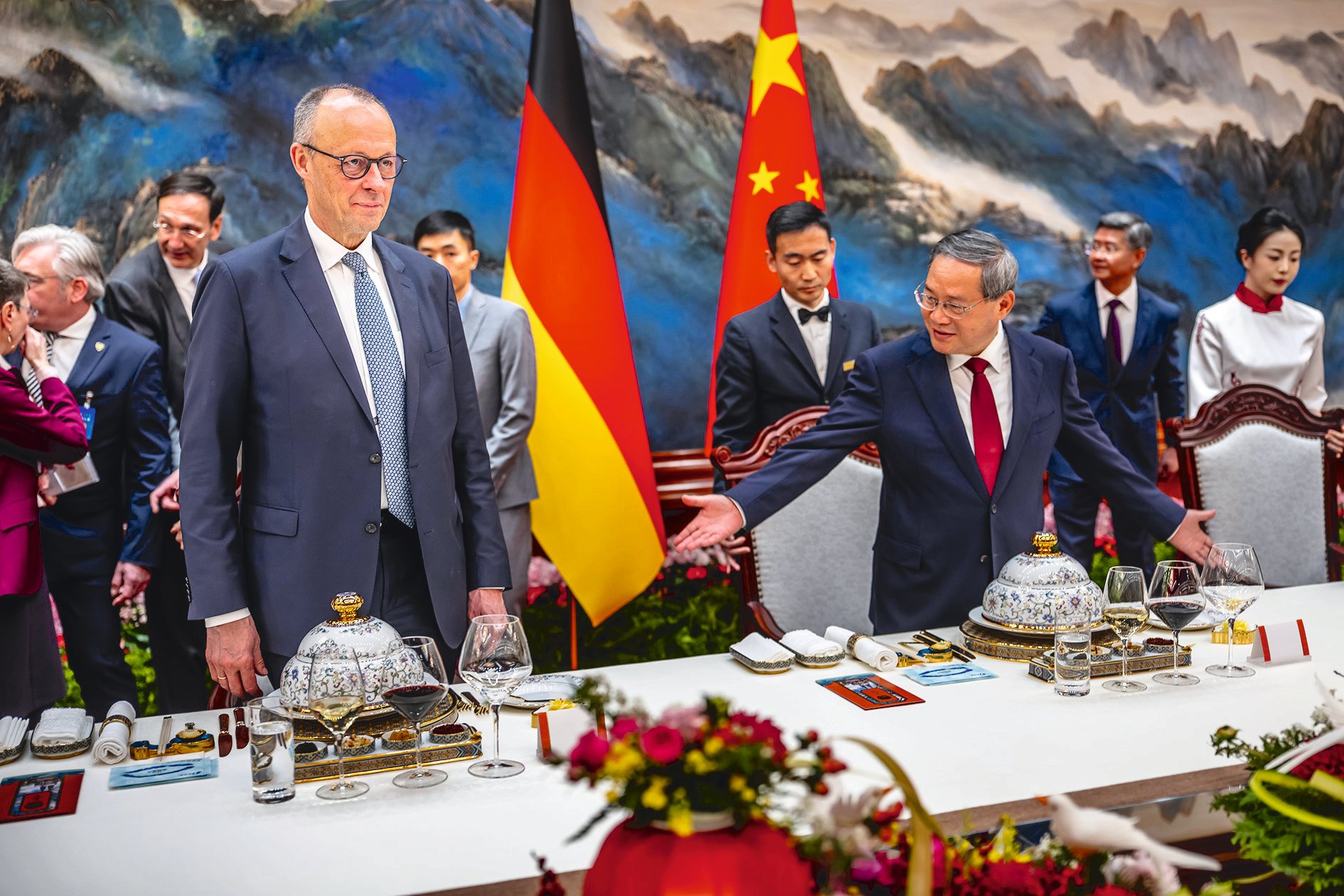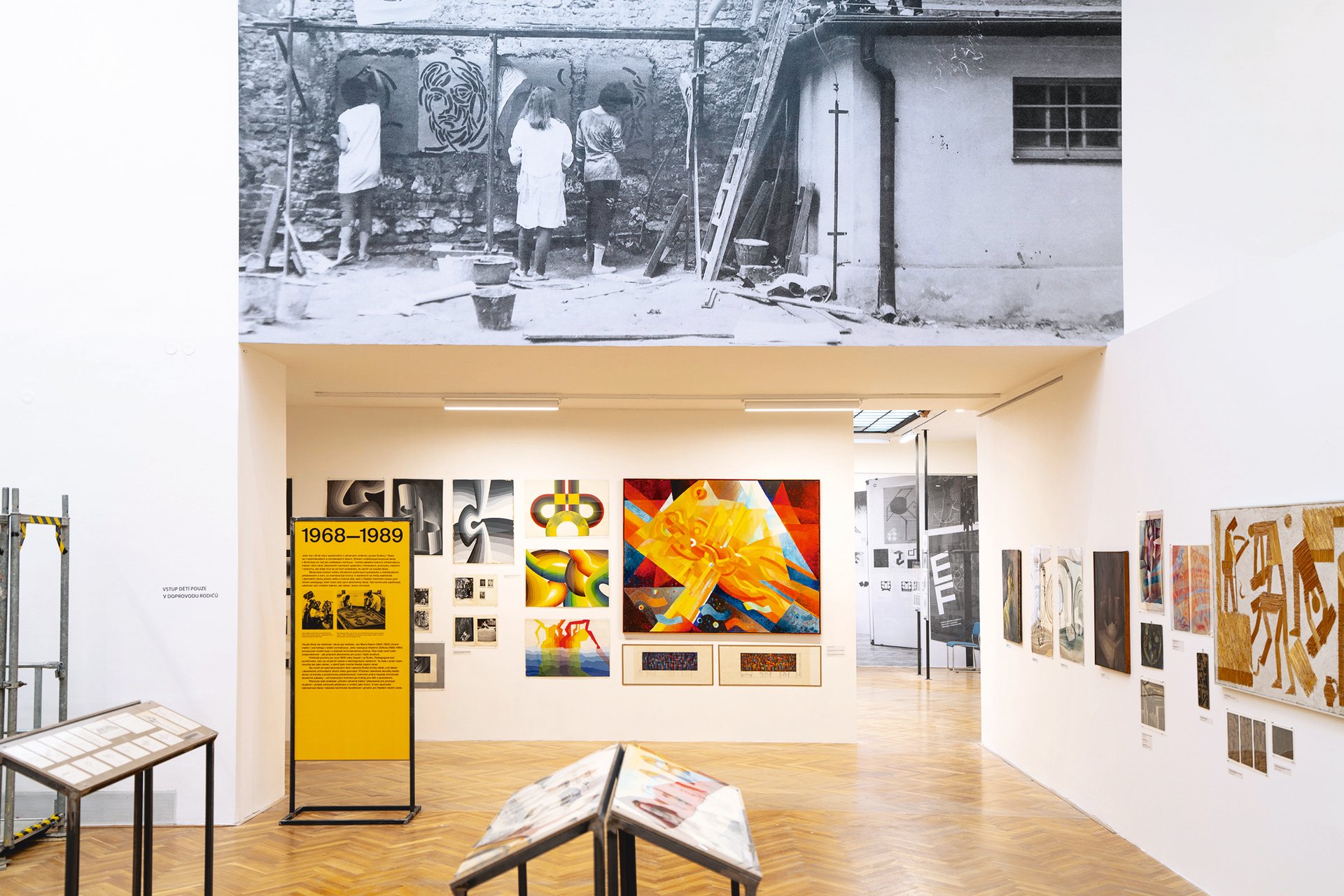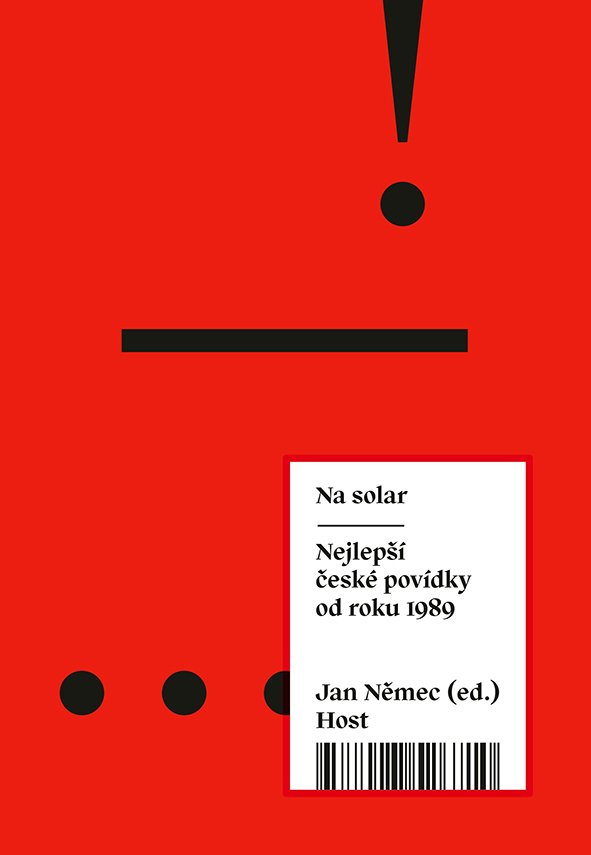Sowing the Seeds of Success
After losing the family farm under Communism, Karel Žďárský has grown Farmet into an agricultural success story

Half a billion crowns in revenue would make anyone happy, but it isn't only money that contributes to Karel Žďárský's sense of contentment. As the son of a farming family that lost everything under Communism, his dream of becoming an expert in the field of agricultural technology is slowly becoming a reality.
Twenty years ago, all he had was a drilling machine and a grinding machine. Today, the two hundred employees of his company, Farmet, make giant oil presses and various other agricultural machines that compete with those of world-renowned firms such as Horsch, Lemken and Amazone, and are sold across Europe. „My predecessors worked hard in the fields their whole lives and dreamed of having technology that made farming easier,“ says Žďárský, Farmet's 46-year-old owner. „Now, the energy they have invested in new technologies has been paying back.“
Desire to be independent
Žďárský has been involved in farming since childhood. He had to study for school in between turning hay on the little piece of land the Communists let his family use. At that time he had already started to look into the construction of agricultural machinery. Thanks to the slightly more liberal environment in 1968, his father was able to pursue a career designing farm machinery. He invented the ŠT-180, a famous jumbo-size Czech tractor. „As a boy I was obsessed with technology,“ says Žďárský. „I was assembling all kinds of little cars. For example, I built an amplifier and a radio.“


His childhood passion for „constructing things“ led him to study technical cybernetics at the Czech Technical University (České vysoké učení technické – ČVUT). „I was captivated by production management – the whole process, from putting an idea into practice through to launching production,“ he explains. „What to drill first, and what to weld, and how to effectively assemble it all.“
Total euphoria
Interestingly, his first managerial job is connected with the Velvet Revolution in 1989. As an activist in the pro-democracy political movement Civic Forum (Občanské forum – OF) his task was to convince thousands of local workers of the need to topple the Communist regime. „It was total euphoria for me,“ Žďárský says, recalling the heady days of the revolution. „All of a sudden I felt like I could lead an entire factory.“ He soon became the assistant to the production director but Žďárský and his father later set out on their own, designing and building farming machinery.
As a result, in the first year after the revolution they hired a neglected body shop that had once belonged to the Agricultural Production Community (Jednotné zemědělské družstvo – JZD), a Communist-era collectivized farm. Soon, the very first Czech screw/scroll vegetable oil press was born. The first order was for only six units but, gradually, more were to come. And there were orders for presses of all sizes, from small table-sized machines used to press rose seeds for the dermatology industry to huge devices worth 7 million crowns.
The next turning point in their business was the design of a machine that can plow, till, spud and roll the soil. Costing half a million crowns, it now sells hundreds of units and comes in 150 different versions.
Success didn't happen overnight, though. „When we saw the competition at an exhibition in Germany in 1996, we realized what amateurs we were then,“ says Žďárský. „Our machines looked so ridiculously obsolete compared to their professionally made products.“
So they built a production hall, bought the most modern technology available, such as computer-based lathes, hired designers, and followed their own strategy: not only inventing their own machines but also producing the majority of the components. And then they tried to sell them themselves too.
It proved to be the right decision: farmers from Ukraine, Austria, France and elsewhere value their machines. „We naturally want to penetrate other fields of industry,“ says Žďárský. „At the moment we are negotiating to design a pressing plant for a bio-power station near the town of Kolín.“
Pokud jste v článku našli chybu, napište nám prosím na [email protected].

